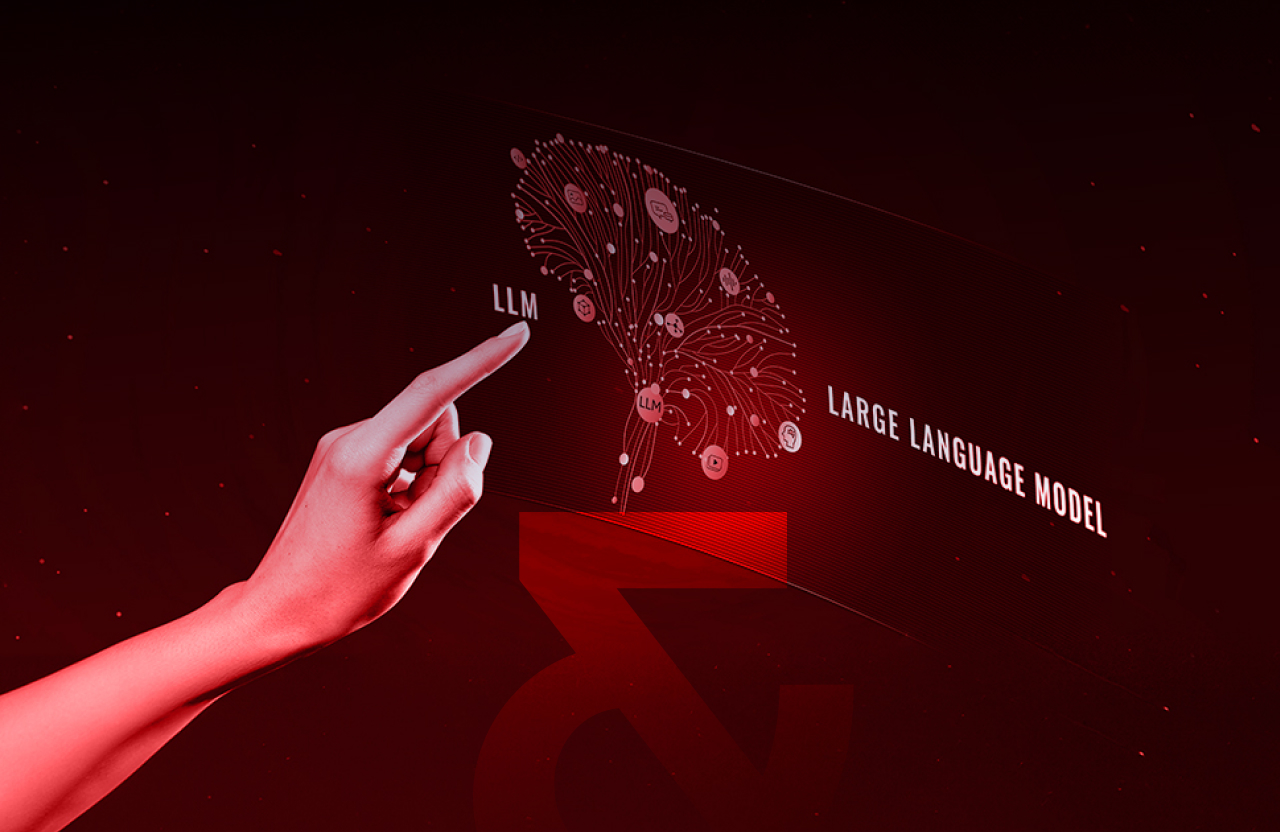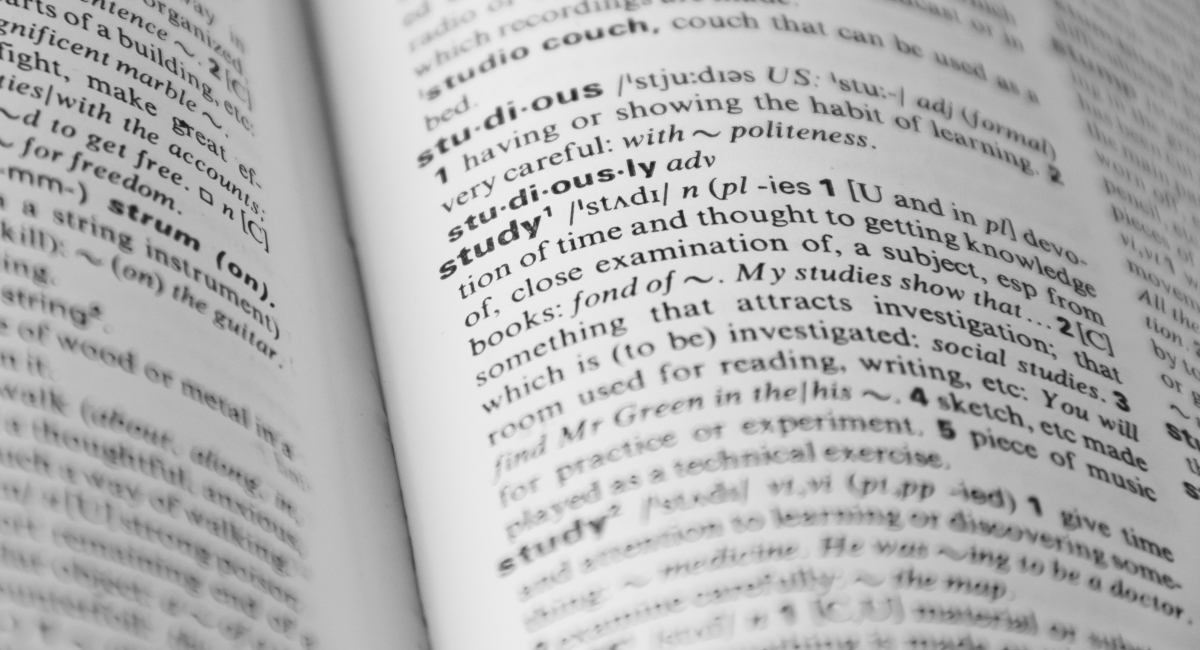Balancing high volumes and tight deadlines is a daily challenge for linguists. This guide provides 10 actionable tips—from specialization and performance tracking to leveraging technology—to help you work smarter and faster.
We know that often you, as a translator, feel like the day is far too short to be able to do all the work. But, most of the time, it’s because there is too much distraction and too little organization.
If you want to assess your productivity, you shouldn’t just consider the hours you work. On the contrary, working productively means completing your tasks satisfactorily first and foremost.
So how can you effectively increase your productivity? Here are ten simple pieces of advice that will help:
1. Specialize
Specializing in a specific field of translation, for example, literary translation, adds so much to your productivity. Specialization accelerates the translation process in several ways.
- You lose less time searching for vocabulary.
- You can examine the text more efficiently to understand the text.
- You are familiar with both terms and context.
- You have an extensive term bank related to your specialization as you work on only one field Editing and proofreading are easier, even not necessary.
- Abbreviations, idioms, terms, and metaphors are not obstacles.
You may even be able to translate in one go, and there are no time-consuming tasks because you have everything you need. However, the pre-search becomes a burden without specialization due to a lack of well-founded context knowledge, apart from incompetence on vocabulary.
The advantage of being a specialist, regardless of whether your field is extensive or not, lies in the combination of using CAT tools and experience. In addition, by having experience with specific content, you can translate more in less time, giving you spare time to work on other projects or just rest. We can even say that specialization in a limited field of the translation will be even more beneficial because your expertise would be rare and more profitable.
2. Get Rid of Distractions
The most important thing for productivity in the translation industry is that you, as a linguist, concentrate 100% on your task.
Translators are fortunate to choose whether to work in an office, remotely or as freelancers. After figuring out the time and atmosphere you are most productive in, you can decide your work methods.
If you are satisfied with your working environment, getting distracted becomes harder. However, your social media notifications or cute animal videos always wait for a blink to your smartphone. Having a piece of music playing in the background is not harmful, but you should always be aware. Here are some tips to get rid of distractions:
- Turn off your phone or tablet while working.
- Disconnect all unnecessary devices from the internet.
- Set a routine. For example, work for 45 minutes and then scroll through social media for 15 minutes.
- Close all unused tabs on your browser. Especially your email.
- Keep your computer’s screen plain, meaning you should not leave any programs that you do not use opened.
- On your breaks, get up and move around to relax your body.
3. Track Your Performance
We have already stated that figuring out when or where you feel most productive is so much important. Tracking your daily activities and habits reveal how effectively you use your effort. Monitoring and writing down what you do and how much time it takes can help you detect and avoid bad habits that affect your performance. You should track your:
- Times when you feel the most productive?
- How many words do you translate in an hour?
- How often do you need a break?
- How long your breaks are?
Getting an insight into your performance allows you to set a more productive routine. For example, if you feel more energized in the afternoons, you can start the most challenging translations at that time. On the other hand, if you need so many breaks, you should work on your concentration.
4. Use the Advantages of Technology
There are tons of tools to help you be more productive: CAT tools, machine translation, speech recognition programs, spell checkers, TMSs, and so on. In addition, advances in technology provide translators with intelligent assistance.
Using CAT tools significantly increases your productivity. These programs allow you to work on multiple projects at the same time. You can track your progress and maintain providing quality translations. As productivity means doing the same task in less time without losing excellence, software developed for translators is vital.
One of the most valuable features of these tools is creating your translation memory, so you do not waste time searching for the proper equivalents. But, of course, the more you translate, the more extensive your memory gets.
In addition, you have translation management systems (TMS), for example, CleverSo, that allow you to collaborate with your colleagues, provide data security, and store term banks and translation memories. You can also track your team’s progress on each project and make sure you are in control.
5. Manage Your Time
Having time management skills is a must for translators as they always race against time to deliver projects on deadlines. Here are some tips to help you manage your time:
- Use calendars and reminders: Trying to keep everything in mind may not be a productive method. That’s why you should use calendar, agenda-like materials to mark important tasks, dates, or meetings.
- Creating a to-do list is vital in terms of time management. Whether you write on paper or use your smartphone, having a to-do list keeps your work organized.
- Finish big projects step by step: Completing large projects is all about managing your time. You can achieve success by dividing the project into parts and working on them one by one.
6. Renovate Your Workspace
Whether you work from home or in an office, having a well-organized and inspirational workspace significantly boosts your productivity. For this, you can embrace a minimalist manner; plain colors that are soothing, clean surfaces, a comfortable chair, and a panel on the wall. However, it is also important that your workspace should motivate you, reflecting your style and spirit. However you design your workspace, you should keep in mind that:
- Your workspace should get enough fresh air and sunlight.
- Your setup placement should be ergonomic. It is essential how you sit, where your screen, keyboard, and mouse is.
- Keep everything clean. If possible, do not eat at your desk.
- Make sure the air circulation in the room is sufficient.
- Organize cables (hide them if possible), documents, and notes.
7. Take Care of Your Health
Your physical and mental health always comes first. An unhealthy body and mind cannot work efficiently. Your overall fitness is as essential as tracking your performance to increase your productivity. Check up yourself and rest when you need. Here are some general tips for maintaining your wellness:
- Don’t skip breakfast.
- Drink enough water. Some reminders help you get a drinking habit.
- Make sure you sit well, and your screen is at the right angle.
- Stand up and walk around on your breaks.
- Regularly visit a psychologist to keep your mind healthy.
- However hard it is, try to sleep up to 8 hours.
8. Prioritize
Project management skills allow you to prioritize your tasks, decide which task is urgent or important. Being productive does not necessarily mean that you work particularly hard or quickly. You can achieve more productivity much easier by being more effective when working. Therefore, it is worthwhile to take a close look at the entire way in which you organize and prioritize your tasks.
Set a maximum of 3 prioritized tasks per day: You already have many tasks to do when your work starts. However, all of these may not be done due to unscheduled phone calls, meetings, and lengthy work. To prevent postponing critical works, choose the three most important jobs and try to get them done first each day. Then, if you have spare time, you can take care of other tasks that you have in mind.
9. Don’t Skip Breaks
Without regular breaks, your concentration quickly drops to zero. Therefore, rest periods for the body and mind are essential to be able to continue working efficiently. However, excessive work does not lead to more productive results, so experts advise taking a short break every 90 minutes.
You can try the Pomodoro technique for organizing your breaks. It states that the best way to maintain your concentration level is to work in short, highly productive phases of precisely 25 minutes and then take a short break of five minutes. Then, after four Pomodori intervals, you should take a more extended break of 20 to 30 minutes.
10. Don’t Multitask
The necessities for better productivity are a clear, well-rested head, physical well-being, and time to plan the completion of projects. If you are a stressed multitasker, who constantly has to do many things at once, it means you rarely do your work effectively or efficiently.
It is also vital to always finish tasks to the end. If you start too many things at the same time, you get burned up at the end of the day. As a result, you can’t tick off any tasks at all. What is not so important can be placed further down on your to-do list so that it can be deleted or postponed entirely from the daily schedule if necessary.
There are many ways you can be more productive. However, tips and advice often only provide a short-term motivational boost. Instead, make sure to change your habits and organize your daily life. Thus, you can be more productive without constantly having to fight yourself.



















